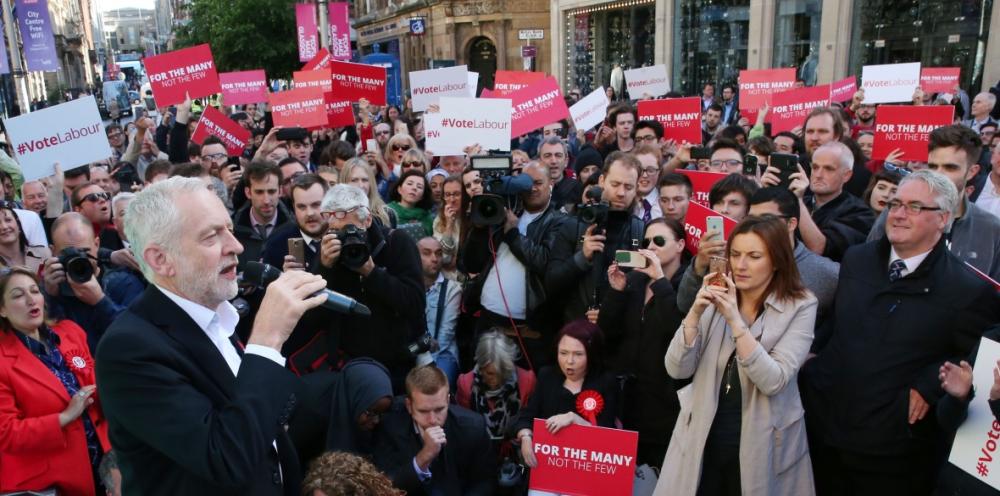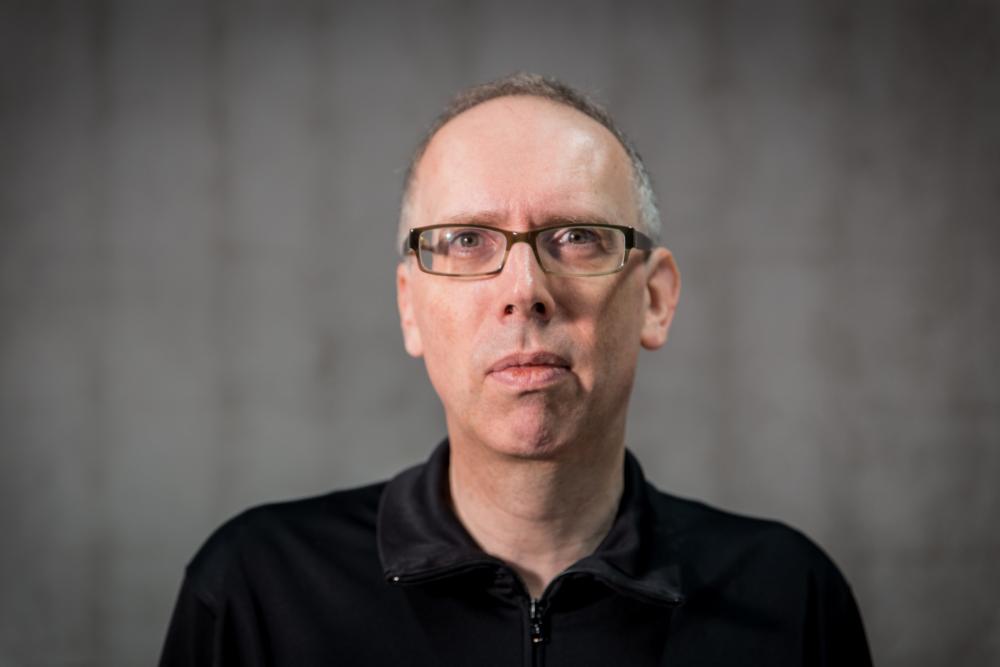Parliament and the Many
A phrase is haunting the globe: We are the many. Some people may find that there is something about this phrase which is extremely troubling, if not frightening, whereas others may think this phrase is a most joyful one. It probably depends on whether you think of yourself as belonging to the many or not. In any case, the phrase raises a lot of questions and issues. What exactly does it mean? What are we saying when we say that we are the many? When do we say it? Where does this phrase come from? What does this phrase aim at? Does it assemble or does it divide? Is it true or do we just pretend that we are the many when we say that we are the many? If we say that we are the many when we assemble, who are the others that are not considered part of our assembly? And if we say that we are many, do we say the same as when we are saying that we are the many? What about the meaning of a series of other phrases which seem similar to the phrase “we are the many”, phrases such as “we are the people” or even the phrase “we are the 99 %”?
• In a three hour lecture performance, Dieter Lesage presents the central questions of his upcoming book Parliament and the Many. A Theory of Radical Democracy, to be published in 2021. Dieter Lesage is a philosopher and author of a dozen books on art and politics. He is a researcher and professor of political theory at the Royal Institute for Theatre, Cinema & Sound (RITCS) in Brussels. He lives in Berlin since 2006.
within the context of the RITCS research week Future Narratives | presented by RITCS & Kunstenplatform Brussel

